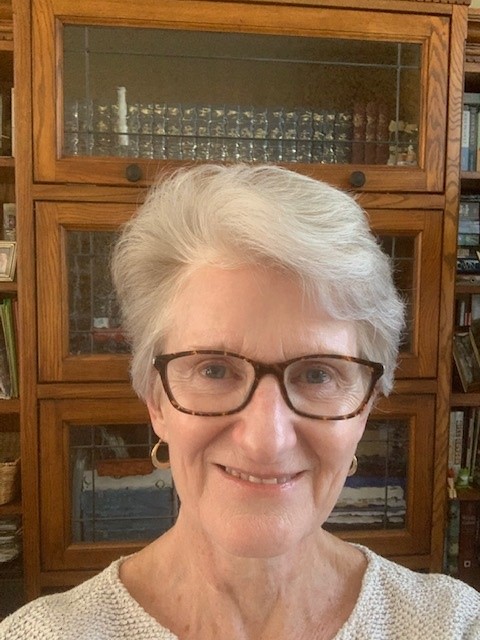Profile: Linda McNeil, MA, PMP

While new to the Vaccine & Treatment Evaluation Unit (VTEU) structure the experience gained from the years of managing domestic and international, multi-center, Phase I, II and III investigational new drug studies, leading monitoring visits to international research sites to ensure compliance with good clinical practices, conducting training workshops internationally on clinical research topics, and contributing to the expansion and global decentralization of FHI 360’s clinical research management responsibilities have provided the skills and resources essential to the success of the IDCRC award.
Briefly describe the IDCRC-supported trials you’ve worked on
The FHI 360 component is focused on protocol management (taking scientific concepts approved for protocol development from that point through implementation to closure and final outcome whether that be manuscripts or final reports). In this role, we touch all IDCRC protocols. We are also responsible for the creation and maintenance of the governance framework for all IDCRC operations. Part of my effort is devoted to the IDCRC Emory Clinical Operations Unit (COU) whose primary responsibility is to provide leadership on protocol development and implementation planning, site selection, qualification, and management of protocol specific sites. For the COU, quality, efficiency, ethics, reliability and flexibility are key.
Of these trials, what has been the most impactful or highlight of the work?
The team at FHI 360 has been working with the Mix-and-Match team from onset of development of the protocol. Along with many others, the FHI team has worked tirelessly to move this forward in the most time efficient manner feasible. It is wonderful to know we are part of something so impactful that really can effect change on a public health level.
What is a strength or example of the importance of the IDCRC during the pandemic and beyond?
The IDCRC award was initiated right at the time COVID-19 was becoming known to the general public. It set our pathway in a different direction. This deviation from the proposed mission and agenda, and now the move back to begin the IDCRC non-COVID, highlights the amazing ability of all those involved with the IDCRC to remain flexible and responsive.